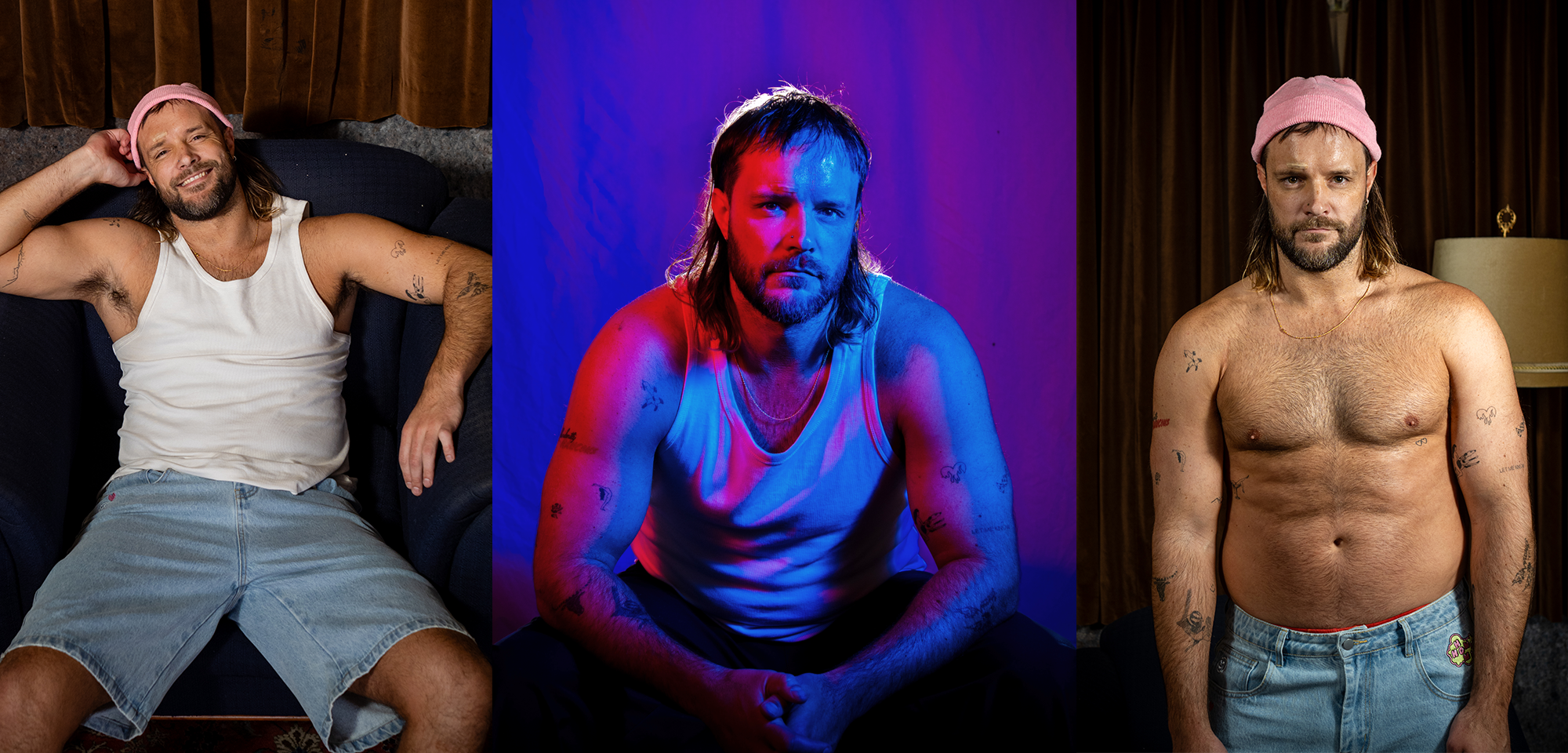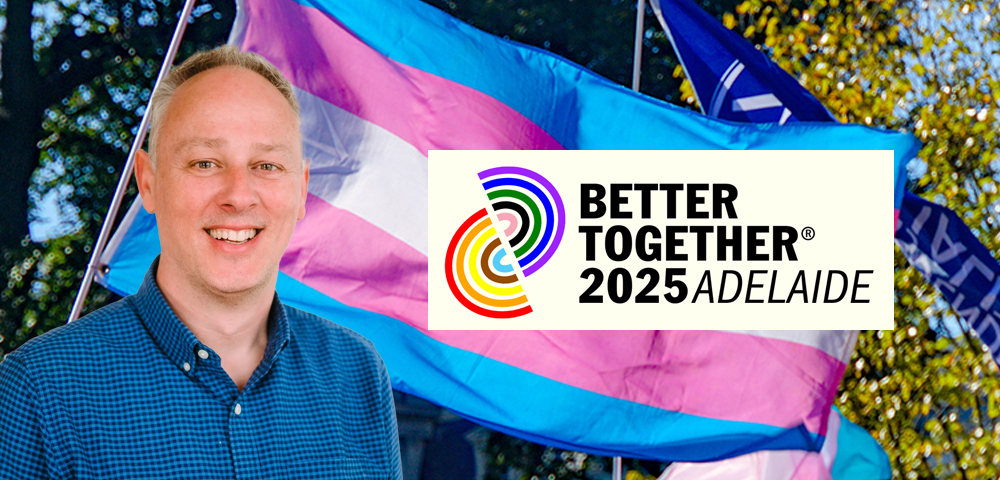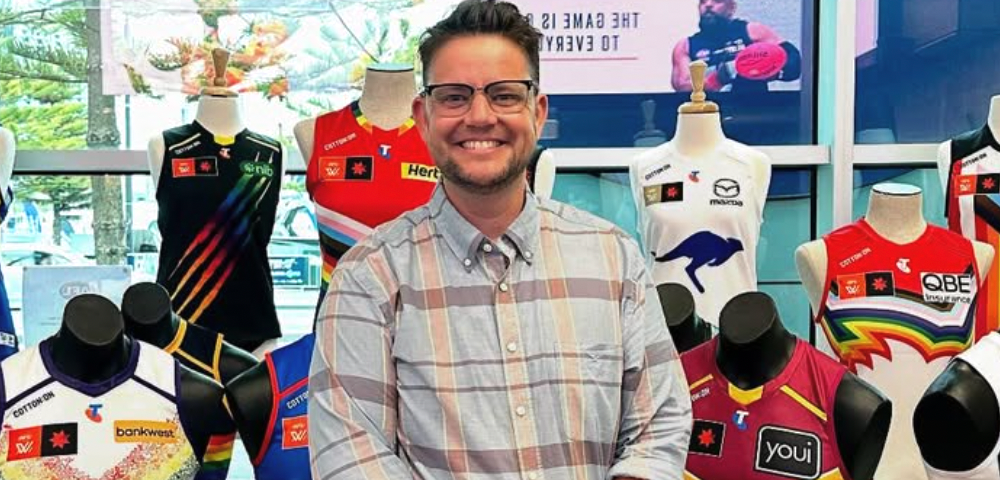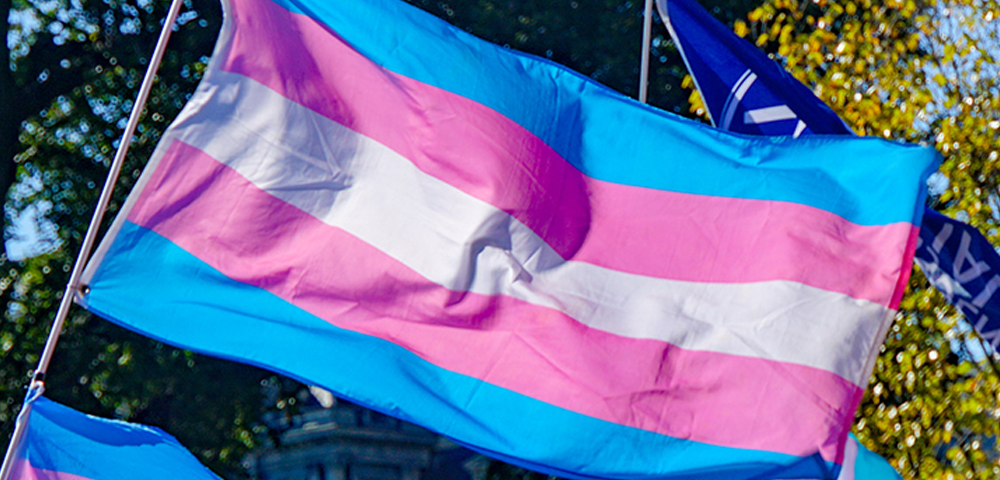
VAC calls for HIV protocols
Victorian HIV bodies want to clarify protocols which exist between the Health Department and Victoria Police when criminal law is used to deal with people putting others at risk of HIV.
The call follows the release of a National Association of People Living with HIV/AIDS monograph urging a move away from a growing trend to prosecute.
Victorian AIDS Council executive director Mike Kennedy said although there were guidelines, a recent meeting of AIDS Council heads showed other states were similarly unclear about exactly what circumstances trigger a referral to police.
“I’m not aware of any Australian state that has any clear guideline to say how this will happen, so that’s the missing bit from the reviews that were done around the country,” Kennedy said.
“Our view is that [protocols] ought to be governed by a set of agreed procedures, not just rely on goodwill and a set of relationships between people in the Health Department and people in the police service because those people change.”
There have been 22 HIV-related criminal prosecutions in Australia since 1993 with 12 of those before Victorian courts.
There has been a sharp spike across Australia in the last three years, with half of the 22 cases occurring since 2007 — five of those in Victoria.
National guidelines are now in place after a 2007 review of policies for managing people with HIV who risk infecting others following the prosecution of Michael Neal who was found guilty of eight counts of attempting to infect with HIV.
Kennedy said the protocols were still unclear.
“If someone goes out and deliberately attempts to infect, or attempts and does infect someone with HIV, most people are going to say if it’s deliberate and there’s intent, then that’s criminal,” he said.
“If a slip-up happens, which they do, most people, including a lot of police, are going to say, ‘Well, that’s not criminal’, but there’s an awful lot of space between the two of those.”
People Living With HIV/AIDS Victoria president Paul Kidd said the uncertainty of where criminal charges would be pursued was creating concern among some HIV positive people.
“They’re fearful that in the normal course of their sexual lives they could put themselves in a situation where they inadvertently attract the attention of the police,” Kidd said.
“We’re not talking about people who are deliberately spreading HIV or behaving in a negligent fashion. We’re talking about ordinary gay men and other people who are HIV positive who live in an environment where unprotected sex is a part of [their] lives.”
Kidd said there is also no clear statement on what constitutes “adequate precautions”.
A Victoria Police spokeswoman told Southern Star if a case is referred by the Health Department, police have an obligation to investigate.









